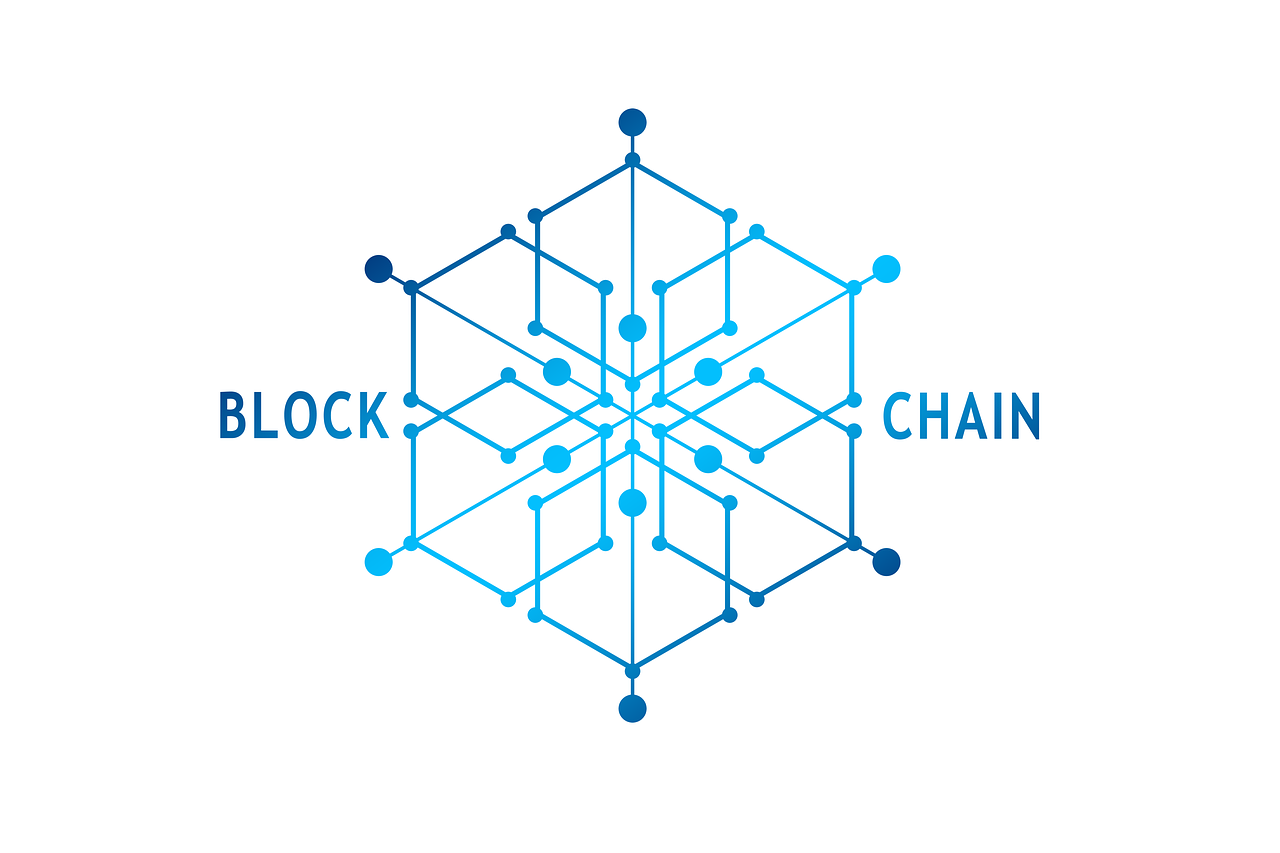How blockchain technology can be applied in Health sector
INTRODUCTION
The utilisation of blockchain technology in the healthcare sector has the propensity to recast the way medical records are managed, medical research is conducted and care of patients. Blockchain technology, which was originally developed to fight the current monetary standard, has the propensity to bring emendation to challenges facing the healthcare sector in both developing and developed nations. It is vital to recall that Blockchain is a decentralized and secure system that allows for transparent and efficient data management. It offers ample benefits, such as increased data security, enhanced data sharing capabilities, which the healthcare sector can benefit from.
 (https://pixabay.com/illustrations/earth-network-blockchain-globe-3537401/)
(https://pixabay.com/illustrations/earth-network-blockchain-globe-3537401/)
APPLICATION OF BLOCKCHAIN TECHNOLOGY IN HEALTH SECTOR
1). Blockchain technology can provide secure data management. The healthcare industry generates vast amounts of sensitive data. It can provide a secure and decentralized platform for storing patient data, which can enhance patient privacy and data security while ensuring accessibility, too.
2). Blockchain can transform the way clinical trials are conducted, by providing a more transparent and secure system for tracking patient records and ensuring compliance with regulatory requirements. It can also help to reduce the time and costs associated with drug development and supply chain management by providing a tamper-proof record of every stage of the process.
3). Drug traceability is a crucial aspect of the healthcare sector, since it ensures patient safety and prevents the circulation of counterfeit and illicit drugs. However, blockchain technology can proffer solution to this predicament by offering a secure and transparent system for tracking the movement of drugs throughout the supply chain.
4). Blockchain technology can increase the efficiency and transparency of supply chain management in the health sector, making it more hitch-free to follow the flow of medical supplies and equipment.
5). Blockchain technology can improve health insurance by providing a secure and transparent platform for monitoring and reducing costs, and also enhancing patient privacy. Through blockchain technology, health insurance providers can store and share patient data in a secure and decentralized system that is transparent.
6). Blockchain technology can save time by providing speedy way of making payments for healthcare services in the health sector.
 (https://pixabay.com/illustrations/blockchain-data-record-blocks-3052119/)
(https://pixabay.com/illustrations/blockchain-data-record-blocks-3052119/)
CONCLUSION
Interestingly, the utilisation of blockchain technology in health sector are multifaceted, and its implementation could lead to improvement in the quality and accessibility of healthcare services and provide seamless services. Moreover, it is necessary for healthcare providers, the Government/policymakers to explore and embrace the potential of blockchain technology in the health sector, as it would help provide seamless and effortless services in the long run. Thank you.